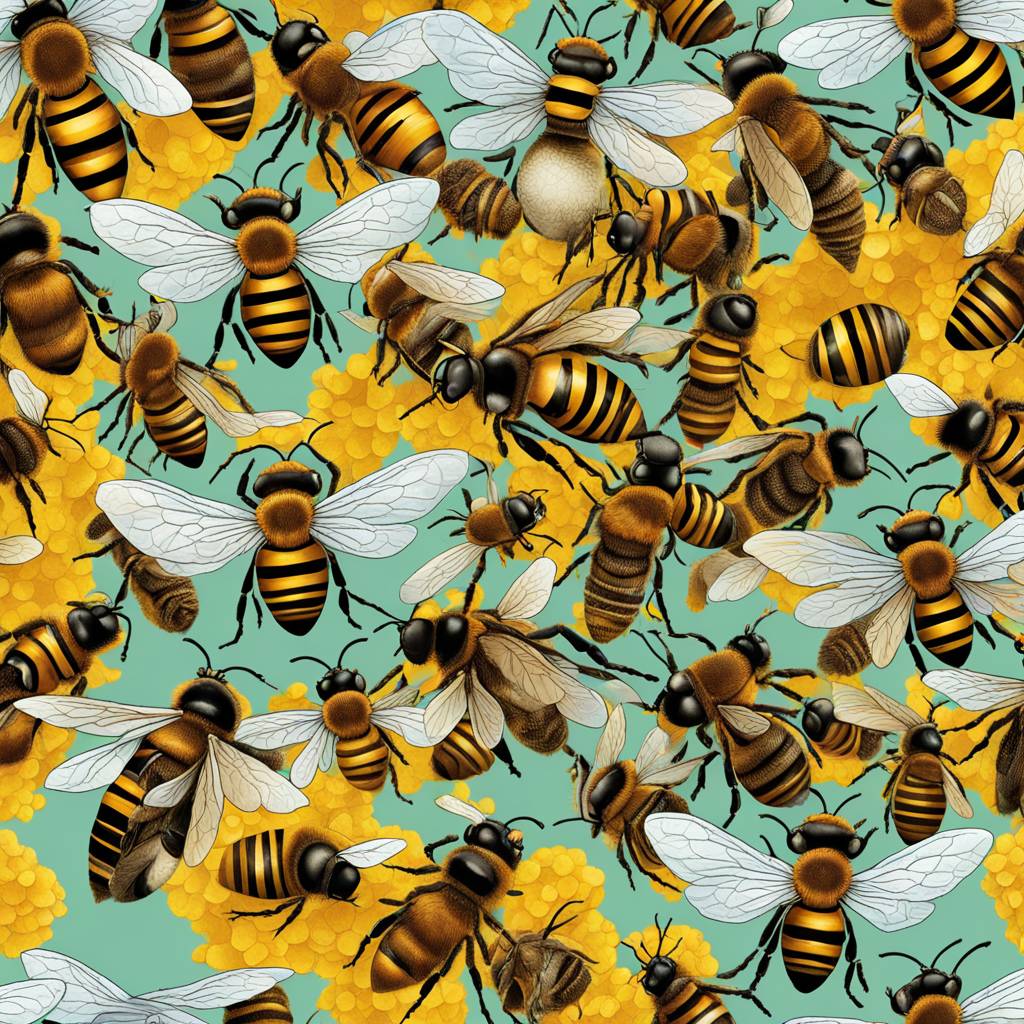The work ethic of honey bees may lead to disaster as the climate warms, according to new research. The study, published in Scientific Reports, focused on the impact of long autumns with good flying weather on bee colonies in the Pacific Northwest. Researchers found that bees flying too much in search of flowers leads to colony collapse in the spring. The study also suggested a potential solution: placing colonies in indoor cold storage to prevent bees from flying excessively and wearing out. This small amount of warming could have an immediate impact on honey bees that needs to be addressed.
The research used climate projections for 2050 and 2100 to run simulations through a honey bee population dynamics model. The findings showed that honey bee colonies spending the winter outside in many parts of the Pacific Northwest would likely experience spring colony collapses in the near and long-term scenarios. This outcome was consistent regardless of whether climate change continued at its current pace or greenhouse gas emissions were reduced. Worker bees forage for food when temperatures are above 50 degrees Fahrenheit, but if too many older bees die before new ones emerge, the whole colony can collapse.
The study found that colonies in colder areas like Omak in Washington state might fare well under climate change, but colonies in places like Richland could experience a significant decline in spring hive populations. The simulations focused solely on seasonal factors like temperature, wind, and daylight, making them fairly conservative models. Even without nutritional stress, pathogens, or pesticides, the conditions in the fall and winter can compromise the age structure of a colony, leading to a population decline in the spring. A potential mitigation strategy suggested by researchers is placing hives in cold storage to help bees cluster earlier and save workers.
Cold storage is a relatively new practice gaining popularity among commercial beekeepers for managing bee health and logistical purposes. This technique involves storing bees indoors from October to April, potentially boosting spring hive populations. The study demonstrated that there are additional benefits to this practice for the survival of colonies in a changing climate. Many beekeepers are already implementing this management technique, which has the potential to help bees survive in a changing environment. The research received support from the Washington Department of Agriculture’s Specialty Crop Block Grant, highlighting the significance of this issue in the agricultural community.













